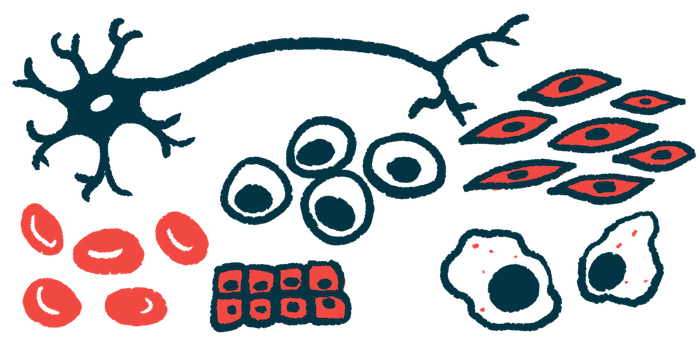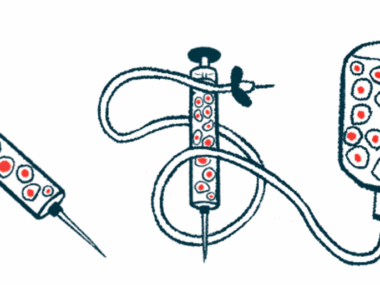Aspen Neuroscience VP honored for work on potential stem cell therapy
Andrés Bratt-Leal helping to advance ANPD001 into a Parkinson's clinical trial
Written by |

Andrés Bratt-Leal, a co-founder of Aspen Neuroscience who is leading work there on a potential stem cell therapy for Parkinson’s disease, is among the recipients of the 2023 Life Science Catalyst Award given to young scientists and entrepreneurs in recognition of their contributions.
Sponsored by Biocom California, an advocacy organization for California’s life sciences sector, the Catalyst Awards recognizes the accomplishments of academic researchers, entrepreneurs, and corporate leaders before their 40th birthday. They honor significant contributions to human health through research, discovery, or entrepreneurship in the life science industry.
“It is an honor to have been selected as a Biocom California Life Science Catalyst Award Winner, especially among this year’s distinguished recipients,” Bratt-Leal, PhD, who is also senior vice president of research and development at Aspen, said in a press release.
Aspen planning a Phase 1/2a trial of its stem cell therapy for Parkinson’s
He and other scientists at Aspen are advancing ANPD001, an autologous (using a patient’s own cells) stem cell therapy, into a clinical trial in patients. The experimental therapy is designed to replace the dopaminergic neurons — nerve cells in the brain responsible for producing the chemical messenger dopamine — whose progressive loss is the cause of Parkinson’s.
A Phase 1/2a trial of ANDP001 was cleared to open in the U.S., and Aspen plans to enroll patients with moderate to severe Parkinson’s to test the therapy’s safety, tolerability, and early signs of efficacy.
Dopamine, as a chemical messenger, allows nerve cells to communicate and helps to regulate movement, among other functions. Damage done to dopaminergic neurons over the disease’s course is a cause of many Parkinson’s symptoms.
Bratt-Leal, a biomedical engineer, worked as a post-doctoral fellow at the Scripps Research Institute, where he began developing a patient-specific dopamine neuron treatment for Parkinson’s before helping to establish Aspen in 2018.
“I am fortunate and thankful to have had the opportunity over the years to work on amazing science with some of the best partners at Scripps Research, the Summit for Stem Cell Foundation and Aspen Neuroscience,” he said.
Specifically, ANPD001 consists of collecting a patient’s skin cells and engineering them in the lab to create induced pluripotent stem cells (iPSCs), a type of stem cell that can grow into almost any cell type.
These iPSCs then are stimulated to grow into dopamine neuronal precursor cells — immature cells able to become mature dopaminergic neurons. The cells are returned to the patient as a transplant, where they are expected to replace the lost dopaminergic neurons.
This year’s 10 Catalyst Award winners were honored at Biocom’s annual “Celebration of Life” dinner, held on Nov. 16 in San Diego.
“Andrés Bratt-Leal and each of the Life Science Catalyst Award winners have demonstrated insight, expertise, and passion for the cause in their respective areas, all of which are helping to propel the California life science ecosystem forward and benefiting human health,” said Joe Panetta, Biocom California’s president and CEO.



